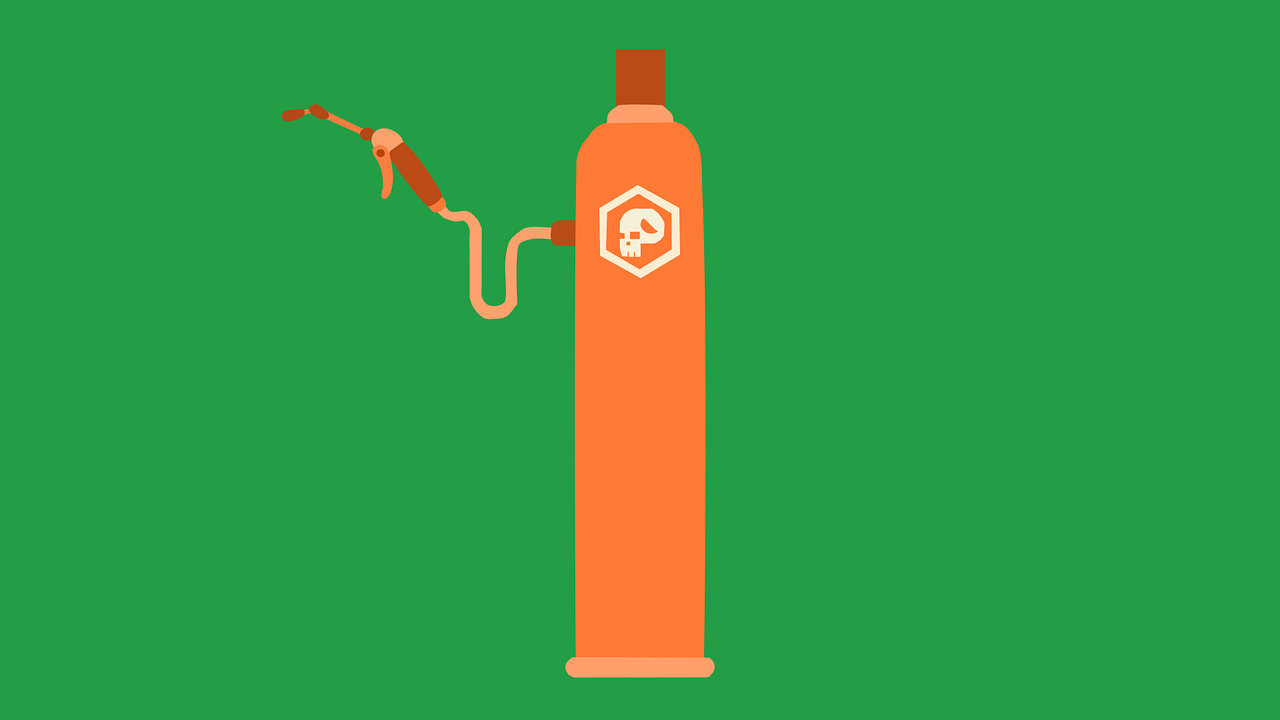The exhausting need to be "okay": when mental strength becomes a trap
How toxic resilience disrupts your life
Consider the following scenario: You have just returned from work, preparing a quick meal for the children, and getting ready to take a bath when a friend who has recently separated calls you. Without even thinking, you answer the phone and your whole schedule is thrown off for several minutes or even an hour.
As a society, and by extension as individuals, we have learned to say “I’m here” and “I’m fine” without actually being so. For example, you may not have felt like answering the phone or may have wanted a little more time, but you didn’t. Why?
Because you want everything in your life to “look or go perfectly.” You want to try to be what social media promotes as “normal” and acceptable to society. You want to belong to one or more groups, not just fit in.
However, this resilience can become self-destructive. It can cause various psychosomatic problems, mental health issues, and weaken your immune system.
Beyond that, it can lead to depression or low self-esteem, simply because you don’t say no.
And how is not saying no connected to the trap of always being okay?
When you’re not okay, you can’t be available. But when you are okay, you can be. And in a society that is constantly connected and glued together, people need to be available. From our work and schools to our families and friends.
Sometimes, however, you need to break free from this toxic habit. And it’s something you can do. It’s not necessarily easy, but it is possible:
First, set your boundaries. Say “enough is enough” and stop being constantly available. Turn off your phone, silence your notifications, and do something you love. And if you think you need to be constantly connected, consider that this is a form of toxic resilience. The next step is to communicate how you feel, and why not, ask for help if you need it.
In closing, it is very important to decriminalize vulnerability and give people, whether ourselves or others, permission to not “be okay” and constantly available, thus shedding light on the trap of toxic resilience.


